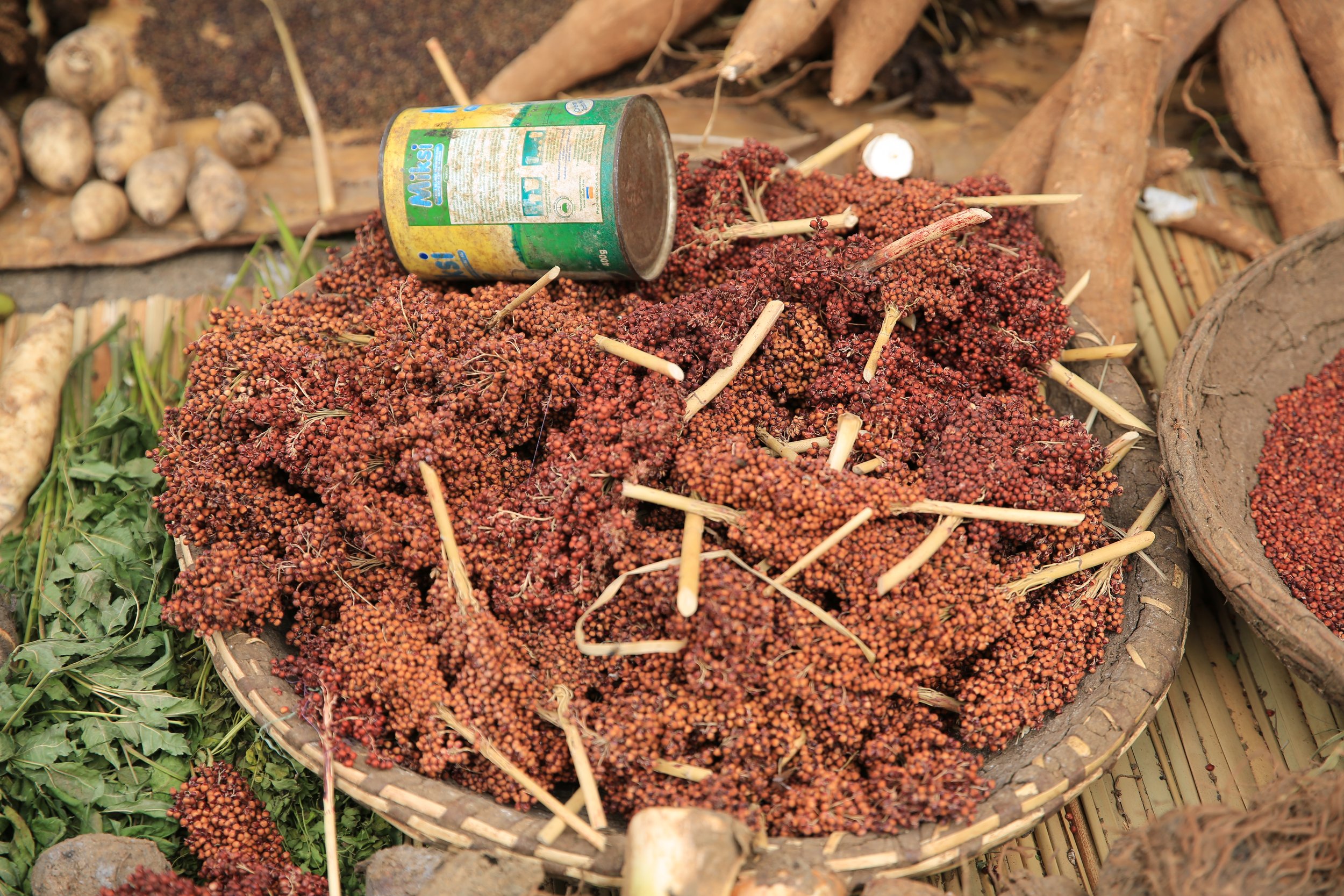Game-changer: Kalro's Big Data tool to boost harvests and livestock production.
Farmers can now boost harvests by growing the correct varieties of crops, pastures and rearing livestock that perform well in their areas depending on the weather patterns and soil type.
The Kenya Agricultural and Livestock Research Organisation (Kalro) has developed Selector – Big Data online tool – that provides advice to farmers on the best crops to grow and livestock to keep on their land at the ward levels.
This is due to the fact that the soil type and weather pattern could vary from one ward to another in the same constituency.
The tool which can be accessed via selector.kalro.org or an app also provides information on livestock and pasture varieties that do well in selected counties.
A screenshot of Selector’s advisory for Central Sakwa Ward, Bondo, Siaya County.
According to the Kalro tool, almost all parts of Kenya are suitable for growing crops, rearing livestock and pasture but what differs is the varieties.
In Homa Bay County, for instance, where dairy farming is still lagging behind, the tool shows that at least cattle breeds – including Guernsey, Ayrshire, Jersey, Dairy Crosses – can thrive.
Dairy and meat goats like Togenburg, Saanen, German Apline, Galla cross, Anglo Nubian, Boer goat, Kalahari red – can perform well too.
Sheep breeds like East African Fat Tail, Hampshire Down, Red Masai, East African Fat Rumped, Merino, Blackhead persian, Dorper and Romney Marsh can also thrive in the lakeside county.
Over 80 varieties of maize, Kenya Deer variety of wheat, seven varieties - Hass, Fuerte, Pinkerton, Entigger, Puebla, Linda, reed – of avocado can potentially thrive in Homa Bay County.
At least six varieties of finger millet, 12 varieties of tomato, eight varieties of cowpeas, and 11 varieties of cassava among other crops can perform well in Loima Ward, Loima Constituency in Turkana County which is classified under arid and semi-arid areas (ASALs).
In Eldas, Wajir County, which is mostly affected by drought, only four varieties of desert dates - Date Palm, Dwarf Palm, Canary Palm – can flourish.
On the other hand, beef cattle varieties such as Improved Boran, Orma Boran, Small East African Zebus; camel varieties such as Turkana, Rendile/Gabbra; and kienyeji chicken (Frizzled, Kuchi, Nacked Neck, Dwarf, Normal, Tail Less, Bantam breads); and quail (African Harlequin Quail, Rain Quail, African Blue Quail, Japanese Quail), perform well in Wajir.
Unfortunately, no pasture varieties are suitable in this Eldas constituency.
Kalro boasts of over 80 agribusiness apps aimed at helping farmers make informed choices even as they undertake their agribusiness ventures.
A screenshot of Selector’s Livestock Advisory for Central Sakwa Ward.
“Ours is to ensure we give farmers research-based information to ensure they run their projects with success. Have you noticed that most large-scale farmers are doing well but small-scale ones are struggling? The reason being while the big players are operating using data, the smallholder farmers are operating blindly because they have no access to key information on how to farm,” says Kalro’s ICT Director Boniface Akuku
Additionally, farmers can use other useful tools from Kalro mkulima, Kalro seeds including Good Agric Practices (GAPs), GLS for maize, Digital Dairy, KAOPs apps among others that cater for specific crops. These include coffee, gooseberries, avocados, tea, garlic, banana among others.
Avocado production is slowly gaining interest in the country because of the lucrative export market, the app illustrates avocado varieties, climatic range and soil type that favour its growth and production, land preparation and planting.




